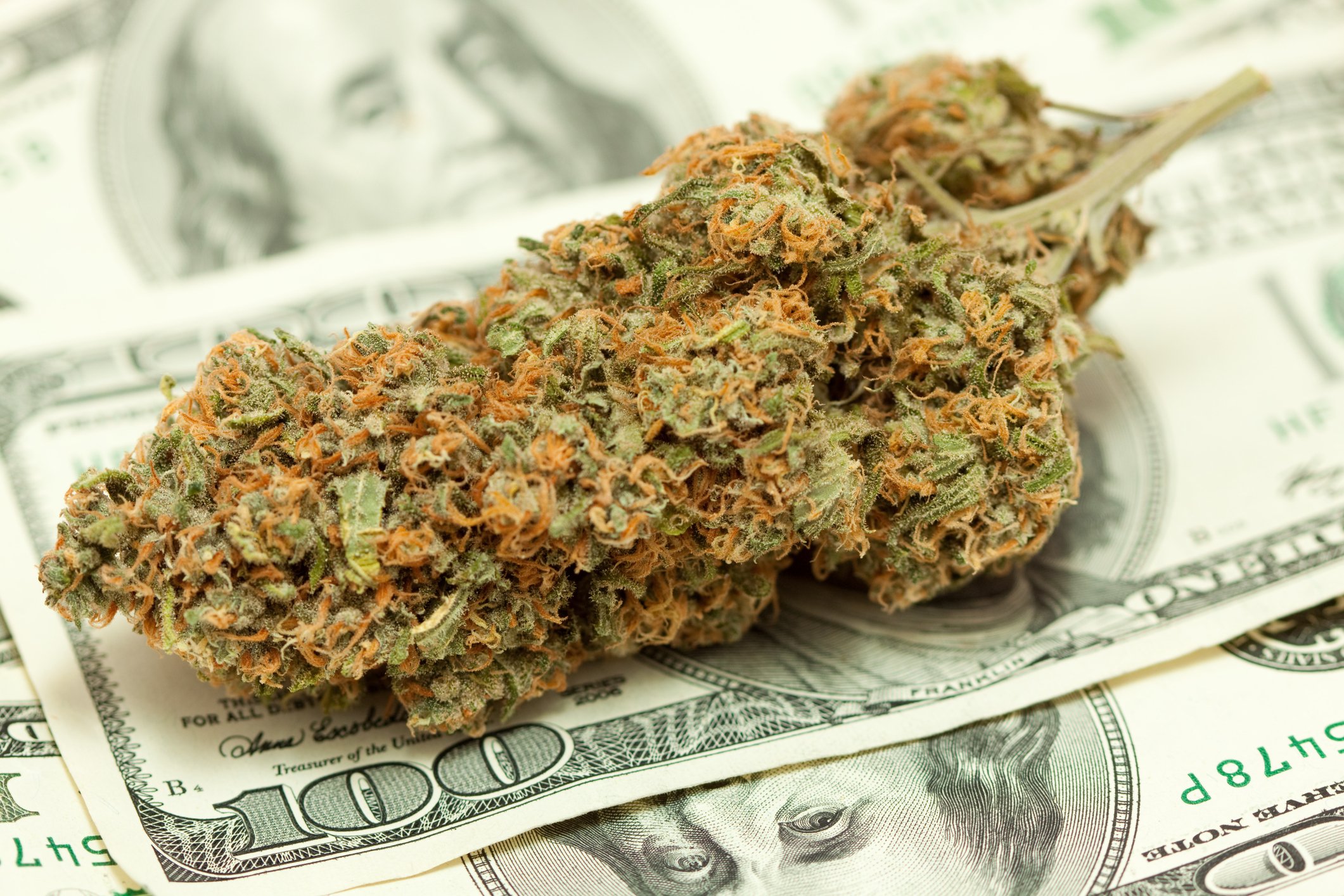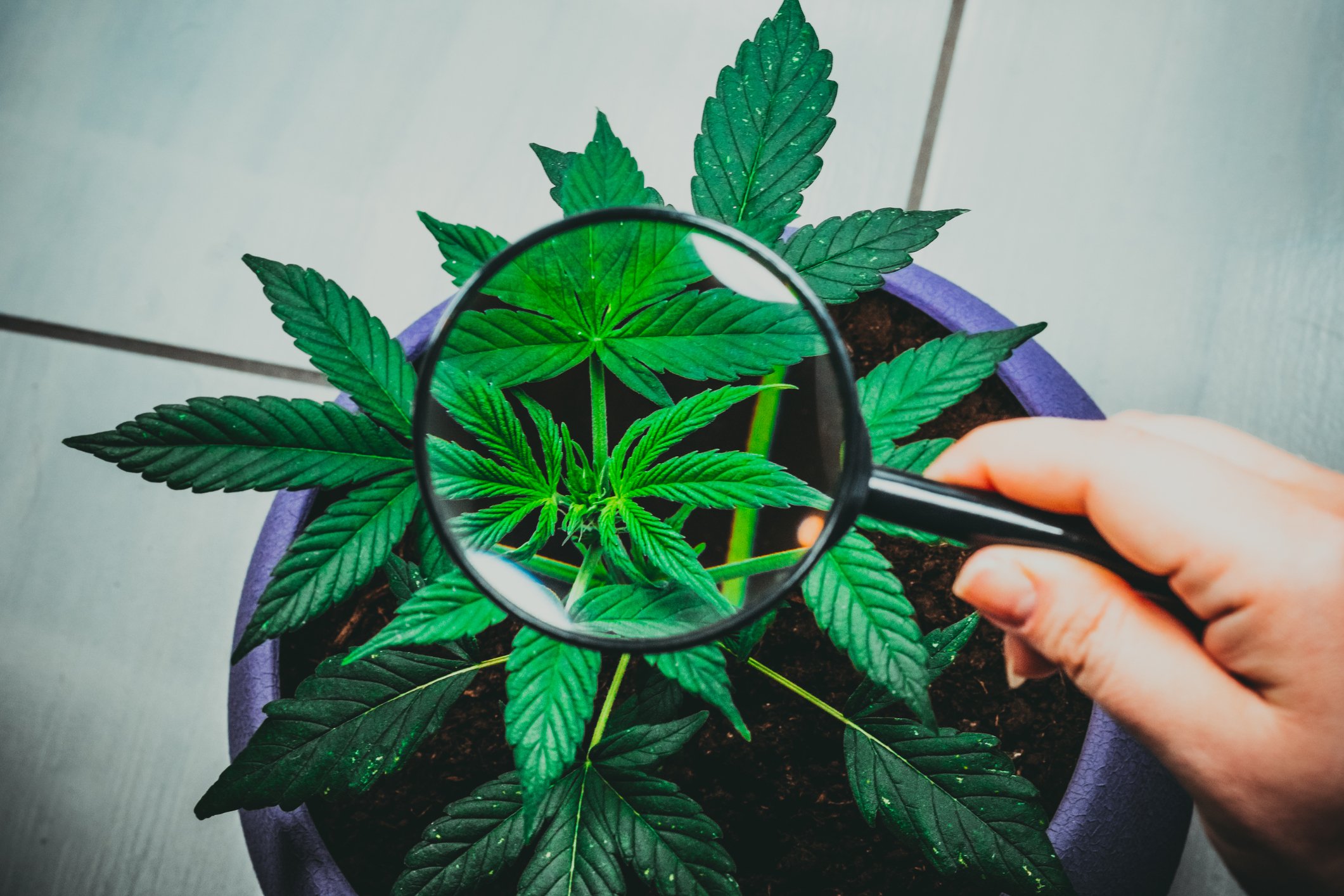
Source: Insys Therapeutics.
A month after splitting its shares in two, investors sent shares in Insys Therapeutics (INSY +0.00%) surging ahead by 25.1% in July, according to data from S&P Capital IQ.
Investors are split over Insys Therapeutics opportunity. Some believe that investigations into prescribing behavior by pain doctors will lead to falling demand for its opioid pain medication Subsys. Others view those worries as overblown relative to the broader market potential for Subsys and other drugs in Insys Therapeutics' pipeline, including medicine derived from marijuana cannabinoids.

Although the company recently announced it's paying $1.1 million to settle an investigation by the Oregon Department of Justice, I fall into the more optimistic camp.
Because Subsys, a variation of fentanyl, works more quickly and can be easily dose adjusted than competing products, Subsys remains among the fastest-growing pain medicines on the market in spite of the investigative overhang.
Last year, Subsys sales soared 123.7% higher to $219.5 million, and in the second quarter, Subsys sales totaled $76.7 million, up 40% year over year.
Since Subsys investigations haven't dampened demand, Insys Therapeutics has been able to use Subsys cash flow to make important investments in R&D that are bolstering its pipeline and could drive revenue higher.
The company's most advanced R&D program is oral dronabinol, a variation of the marijuana drug Marinol that is used to treat nausea caused by chemotherapy and anorexia caused by HIV. Insys Therapeutics is currently awaiting FDA approval of oral dronabinol and, if approved, the drug will compete for a share of Marinol's $150 million per year in sales.
Insys Therapeutics is also developing marijuana-derived medicine for the treatment of rare forms of epilepsy, including Dravet syndrome and Lennox-Gastaut syndrome -- conditions with a significant unmet need that marijuana therapy has shown early-stage efficacy in addressing. Results from its epilepsy trials in should be available next year, which could lead to an FDA filing for approval.
Additional research programs include applying the spray technology used in Subsys and oral dronabinol to improve upon other medications, including buprenorphine, a semi-synthetic opioid.
Overall, because the market for pain medication is large and growing, and there's a significant unmet need for more effective options, I believe that Subsys will continue to provide plenty of shareholder-friendly cash to advance other drugs to market, and if so, then revenue growth and a debt-free balance sheet could warrant a market cap higher than Insys Therapeutics' current $2.82 billion.






